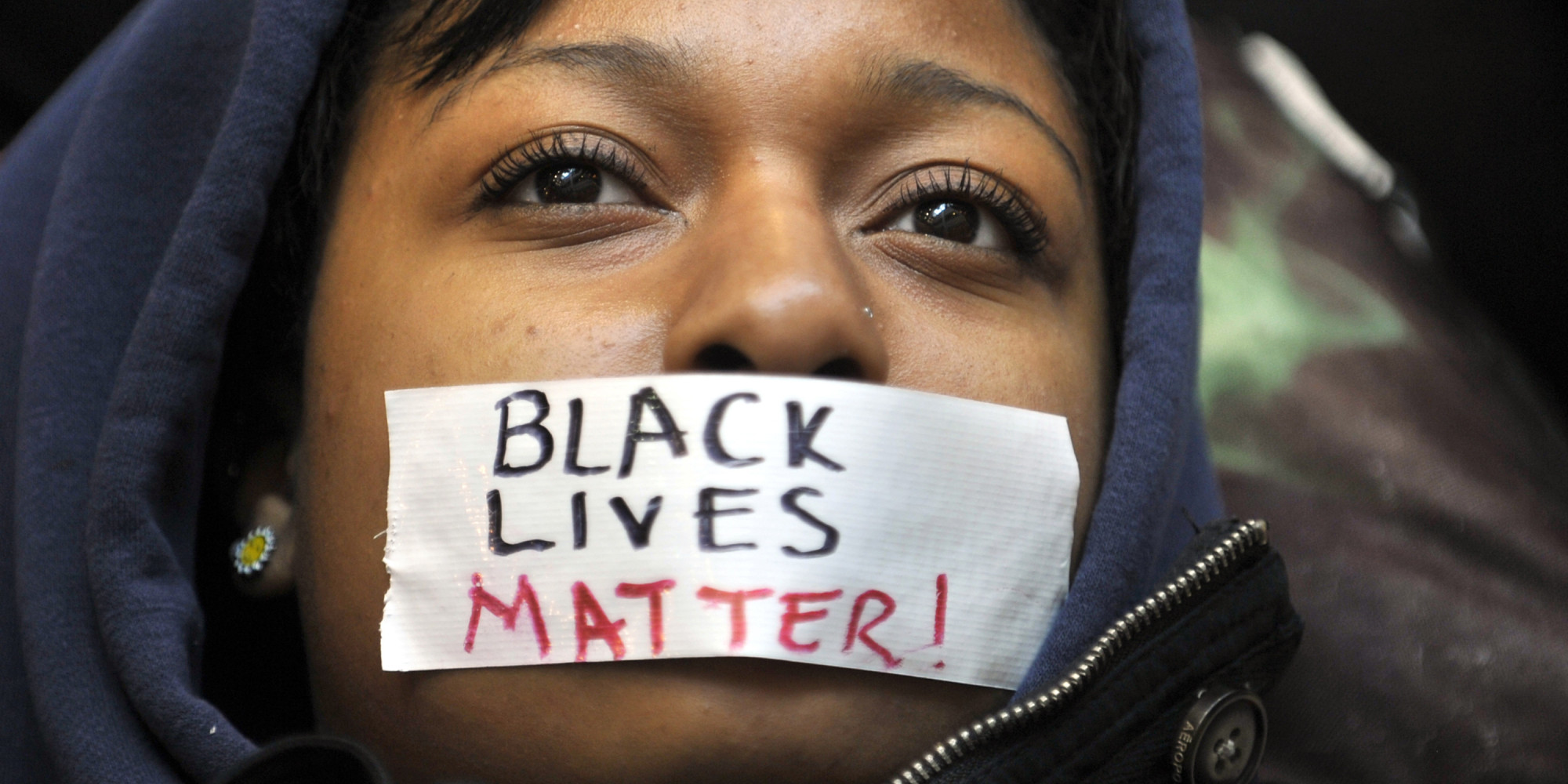The recent murders of two teenage girls in Cape Town have sparked an emotionally charged debate around crime in South Africa and the ‘selective’ moral conscience of the public and the media. As South Africans continue to express their outrage at the brutality of these murders, a broader discussion is playing out on social media on how the cases of white victims are given more prominence in the media.
A #BlackLivesMatter campaign has been launched in response to the way in which each death has been received by the public; the death of a young girl killed in a toilet in Khayelitsha and the death of a white teenager killed in Tokai forest.
Last week the half-naked body of a 19 year old teenager was found in a communal toilet in Khayelitsha. A resident who had gone to the toilet in the morning discovered Sinoxolo Mafevuka’s body and alerted the police. No arrests have been made in this case.
This shocking discovery came a day after 11 year old Shamonique Shawn-Dean Claasen, was found in a relative’s home, under a bed, in a black bag that was tied with wire.
On Monday, 16-year-old schoolgirl Franziska Blöchliger was murdered while jogging through the Tokai forest. Blochliger’s murder received an overwhelming response, including a vigil attended by 3000 community members.
Two days after the gruesome attack, police arrested three suspects in connection with the incident.
It’s been widely reported that police offered the family of Franziska trauma counselling, a resource not offered to most other families.
The Institute for Justice and Reconciliation’s (IJR), Stanley Henkeman, said the varied response is as a result of an engrained structure of superiority-inferiority complex.
“When things like this happen it is a clear indication of how unequal our society is, not only in terms of wealth, but also about how people are perceived and subsequently treated.”
Henkeman explained that when black people suffer traumatic experiences, such as murder or rape, it is “almost expected.” In contrast, he noted, when traumatic events happen to white individuals there is a huge public backlash.
“Our society is geared toward spending resources efforts in areas that are already affluent doing well.”
Admittedly, Henkeman affirms, the reward offered in the Tokai murder was not offered by the police department, but rather by parents and friends. This form of mobilisation, he notes, is possible in a community of affluence.
“The big challenge for us, as a society, is to say that all lives matter.”
As matter of concern, Henkeman questions the police’s effectiveness in capturing all suspects, and not only place focus on exclusive cases.
“This is where we need to challenge our government since the police is a government institution.”
Henkeman asserts that the unequal treatment that continues to be present post-Apartheid has resulted in a feeling of frustration and anger within communities.
“Every life matters,” he stressed, urging government to respect the life of each South African.
“Franziska’s murder was horrendous and heinous, but we must treat people with equal dignity. Whether you live in Kalk Bay or Khayelitsha, you are a human being first and foremost.”
Henkeman encourages members of civil society to refrain from harbouring criminals and to stand up and say “this is enough; we don’t want to live like this.”
VOC






 WhatsApp us
WhatsApp us 

